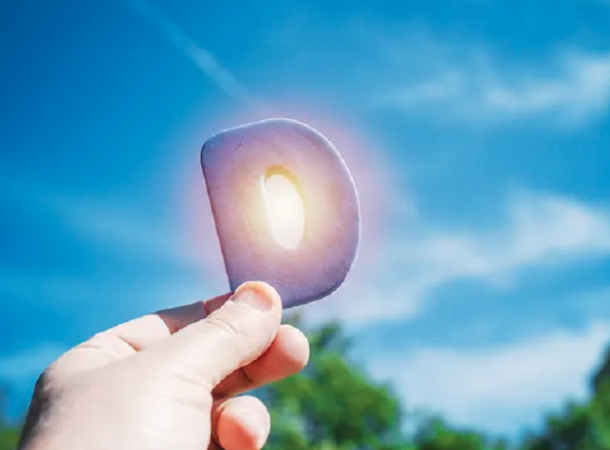
During the rainy season, when the sky is covered in thick clouds, The sun also plays hide and seek with them, hiding behind them for many days. The body produces less natural vitamin D from sunlight in such circumstances. You shouldn't worry, though. We'll share some of its solutions with you.
A vital nutrient for the body, vitamin D aids in calcium absorption and strengthens bones. In addition, vitamin D is necessary for the muscles to function. Additionally, vitamin D aids in the transmission of nerve signals from the brain to the body. Strong immunity also requires sufficient vitamin D intake.
The simplest way to remedy a vitamin D deficiency is through sun exposure. The question of how to obtain vitamin D from the sun during the rainy season, when the sun is obscured by clouds for weeks on end, is a significant one. In this article, we will attempt to learn how to address the vitamin D deficiency during the rainy season.
How do I meet the deficiency of Vitamin D in the rain?
In North India right now, the monsoon season is in full swing. In such a situation, seeing the sun directly has also become less common, as has getting in its direct line of sight. But you need vitamin D every day to stay healthy. There are alternative strategies that can be used in this situation to ensure that the recommended daily intake is met.
Diet
A diet can address the body's lack of vitamin D. Include fatty fish or fish oil in the diet to help with this. Aside from this, there are some foods with less vitamin D content, but they can still be very helpful to you during the monsoon season. Eat the yellow portion of the egg, the mushroom, and the cheese for this.
Supplements
People can also take supplements on their doctor's advice if they are unable to include foods high in vitamin D in their diet.
When should I take supplements?
Many people begin taking supplements without understanding their need for them. Therefore, it's crucial to determine whether you're vitamin D deficient before doing anything else. Consult a doctor and get a blood test done if this is the case. It is still advised to speak with your doctor before taking supplements and ask them how many times a day they can be taken, even if your report mentions the need for them.
Can Vitamin D Be Harmful?
Vitamin D overdoses can be dangerous. Additionally, extremely high blood levels of vitamin D can result in kidney stones, dehydration, excessive urination, thirst, muscle weakness, pain, and a loss of appetite.
Sleep Solutions at Home: 8 Effective Remedies for Insomnia
The Evolution of Art: Tracing the Journey from Ancient Civilizations to Modern Times
Harnessing the Power of Positive Thinking: A Path to Happiness and Success